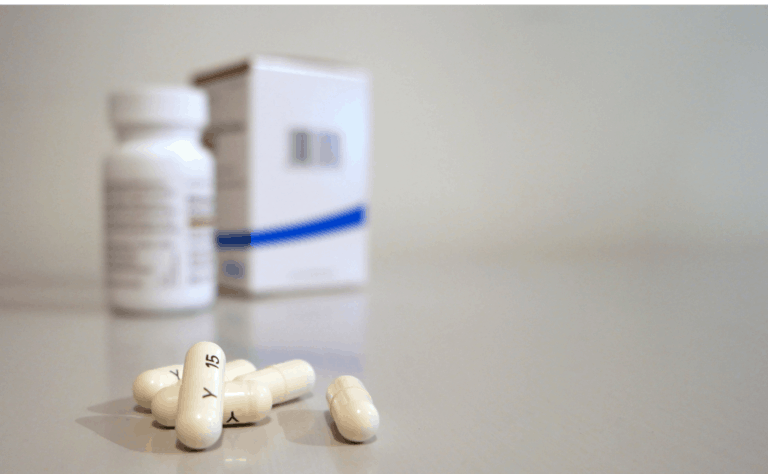When you get into drug and alcohol treatment and recovery, there are lots of terms that get thrown around. Chances are you and your family are confused as to what many of them are and what they mean. One of the biggest points of confusion is the different levels of care. One of our programs is the Intensive Outpatient Program, commonly referred to as IOP. Let us explain exactly what you can expect!
The Intensive Outpatient Program Explained
This program is most commonly used as a stepping stone towards integrating back into society once you have completed full-time addiction treatment. Many people are under the mistaken impression that once 30 or so days of treatment they can just go right back to how things were and we “cured”. This could not be further from the case. The best thing you can do is gradually step down your addiction treatment. Essentially, long-term treatment helps you become a part, slowly, into the real world again. A sudden adjustment carries too high of a risk of relapse.
Some people can’t fit full-time rehab into their schedules. You may be one of them. While it is always recommended to find a way to commit to your recovery full-time in the beginning, our Outpatient Program is a good option for people who simply can’t do that. You will still get therapeutic, clinical, and medical care while being able to return to your obligations at the end of each day.
Who Benefits from IOPS?
The intensive outpatient program is part-time addiction treatment. It is great for people with flexible schedules who have work or school to attend to. If you have a family at home, it allows you to care for them while also caring for yourself and your sobriety. On the flip side, it offers regular support that you can rely on. In early recovery, there is still a lot to learn about how you will react to life’s situations without the aid of drugs and alcohol. In an Outpatient Program, doctors and therapists are available to talk you through tough situations and get you through them without a relapse.
The programs and structure of IOP are similar to full-time rehab, just part-time. You will attend group therapy sessions with your peers, and individual therapy sessions weekly. Here at Ashville Recovery Center, we make sure to keep a high staff-to-client ratio to ensure that everyone gets the proper care they need. Our schedule is flexible so that even people with full-time work can commit to our Outpatient program. Recovery should always be a priority, but we understand that life has needs that have to be met.
Long Term Treatment Planning
Ideally, an intensive outpatient program is a part of your long-term treatment plan. As we explained, it is important to gradually step down your treatment instead of cutting yourself off too fast. Without support, many people can’t handle the transition back home and they end up relapsing. Unfortunately, that is part of the reason why the current relapse rate is between 50 and 90%. With more accomplished recovery time, this number goes down significantly.
There are other things you can do while enrolled in treatment to aid in your recovery. Sober living homes are a great option for those who have the resources to move away from where they lived prior to rehab. Sober living gives you support and accountability around the clock, with a strict zero tolerance policy towards drugs and alcohol. Also, you will be around your peers which eliminate boredom and loneliness; two major culprits that lead to relapse for recovering addicts.
It is also a great idea to regularly attend 12-step meetings. They provide another outlet to focus on your recovery and find like-minded individuals. In early recovery, it is important to be hyper vigilant about the people surrounding you. Unfortunately, many of the friends you had while you were abusing drugs or drinking weren’t true friends at all, and they could derail your recovery easily. Call Asheville Recovery Center, a top-tier drug rehabilitation center, today and get the help you deserve.





